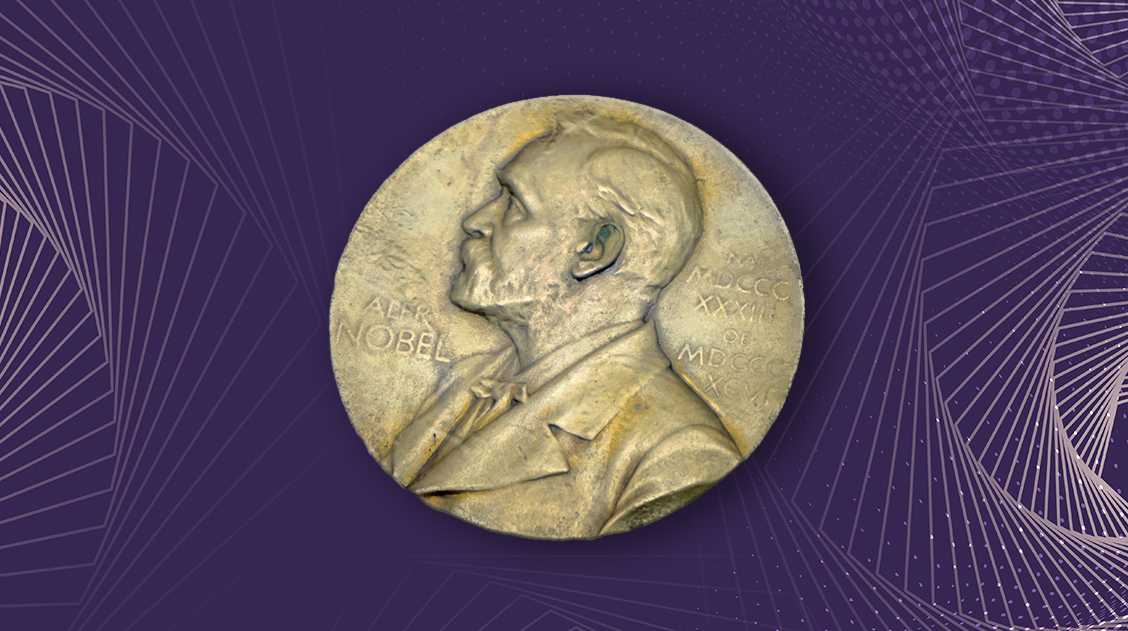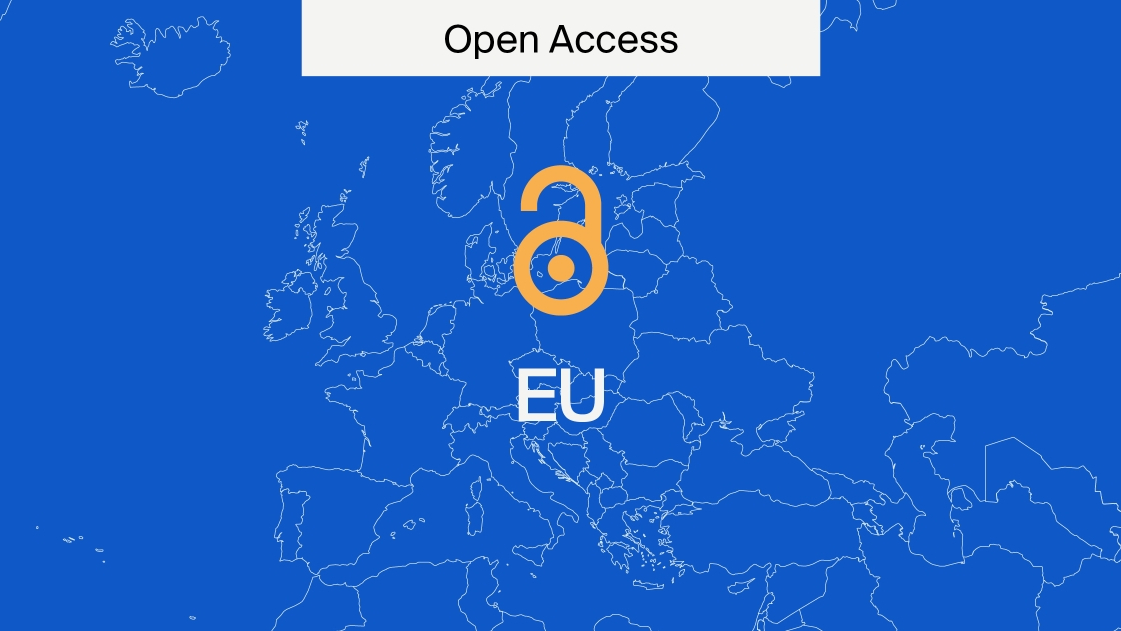
Nobel Prize in Chemistry 2022
The Nobel Prize is a prestigious award that recognizes research at the forefront of human innovation. Moreover, the Nobel Prize in Chemistry celebrates the breakthroughs that advance the discipline in important ways.
This year, the Nobel Prize in Chemistry was awarded to Carolyn R. Bertozzi, Morten Meldal, and K. Barry Sharpless. They received this accolade “for the development of click chemistry and bioorthogonal chemistry”. Their research is particularly important for the simplification and removal of waste during chemical reactions.
The announcement of Nobel Prize winners is a cause for celebration, but also reflection. So, let’s explore the discoveries that the award has highlighted this year, and in the past.
Nobel Prize in Chemistry 2022
Carolyn R. Bertozzi, K. Barry Sharpless, and Morten Meldal are researchers in the field of click chemistry.
Joining a list of only seven other women awarded the Nobel Prize in Chemistry, Carolyn Bertozzi made great leaps in applying click chemistry to study “human and animal physiology in new ways”. Her work relates more specifically to adapting click chemistry and bioorthogonal reactions without interfering with the normal functioning of cells. With this development, we can now study cells and biological processes in greater detail.
Professor Meldal and Barry Sharpless, on the other hand, are the original developers of the click chemistry method. The method works by connecting molecular building blocks efficiently. Importantly, their breakthrough means we can now use fewer steps within procedures to develop new drugs.
Karl Barry Sharpless is only the second person to have been awarded the Nobel Prize in Chemistry twice. He’s also an MDPI author, having published a research paper on the “Multigram Display of Azide and Cyanide Components on a Versatile Scaffold”. With his colleagues, this paper marks an earlier simplification of specific chemical processes.
Professor Meldal, joint winner of the 2022 Nobel Prize in Chemistry, has been active in the field of chemistry since the 1980s. He currently works at the University of Copenhagen as an adjunct Professor.
What is click chemistry?
Click chemistry is a method of producing valuable molecules efficiently. As noted in our Announcements section, the method works “by combining simple building blocks through a straightforward and efficient chemical reaction, an approach which [the 2022 Nobel Prize in Chemistry winners] termed click chemistry”.
The simplification of chemical processes is so important because of their complexity. Yields, reactions and products are all affected by the applied settings, distillation, and purification during chemical processes. Making them easier to control represents a great step forward in many fields.
Other Nobel Prize-winning authors at MDPI
Barry Sharpless is among the many MDPI authors to have won a Nobel Prize. There’s also Giorgio Parisi, joint Nobel Prize in Physics Laureate 2021, and Barry J. Marshall, Physiology or Medicine Laureate 2005, to name a couple. Many MDPI Editorial Board members have also won Nobel Prizes, including Prof. Eric S. Maskin, Economics Laureate 2007, and Prof. Steven Weinberg, Physics Laureate 1979.
In 2021, we covered an MDPI author who won a Nobel Prize in the MDPI Blog. Nobel Prize Laureate in Physics, Gerard ‘t Hooft, published a paper in the journal Universe. The research paper, “Black Hole Firewall Transformation and Realism in Quantum Mechanics”, is available to read.
‘t Hooft’s previous paper in Universe sought to develop a more satisfactory theory to the application of quantum mechanics to black holes. And his most recently published paper, “Quantum Clones inside Black Holes”, develops on this.
In conversation with one of our writers, the Editor-in-Chief of Universe explains the boldness of ‘t Hooft’s ideas. In his work, ‘t Hooft notes the following:
“A systematic procedure is proposed for better understanding the evolution laws of black holes in terms of pure quantum states.”
As a physicist, ‘t Hooft disrupts existing ideas about black holes and the way we study them.
Such disruptions are at the heart of scientific advancement, and we are pleased to see such thorough and original research being promoted within our journals.
The History of the Nobel Prize
While the Nobel Prize in all of its varieties is well recognized, its origins are not so well known. So, we’ve put together a brief overview to answer any questions that this announcement might invite.
Why ‘Nobel’?
The Nobel Prize foundation was established by Alfred Nobel. Nobel contributed to the development of modern weaponry with the creation of dynamite. It is believed that Nobel felt the establishment of these prizes would promote future positive innovations.
Nobel donated a fair share of his wealth to set up the organization administered by multiple bodies in Sweden and Switzerland, now recognized as the Nobel Prize Foundation.
In his will, he dedicated his fortune to the establishment of the Nobel Prizes in Chemistry, Literature, Peace, Physics, and Physiology/Medicine. Following this, in 1901, the first of these prizes were awarded.
Past winners
It’s no mean feat to be awarded a Nobel Prize. In fact, Nobel stipulated that if an appropriate recipient of any of the prizes could not be decided upon, then the prize should be forgone for that year. This was the case in 1921, when no prize was awarded for Physics. Instead, the award was deferred for a year.
It’s also stipulated that only three individuals can be awarded the same prize. There are exceptions for institutions, but this rule means that the award will only ever be shared among three people at most for a given year.
Though it is a coveted set of awards reserved for the most valuable contributions of the day, there is a long and respectable list of Laureates across the different categories.
Some of the most well-known recipients are listed below.
- Albert Einstein received the 1921 Nobel Prize in Physics in 1922 for his general contributions to theoretical physics. More specifically, he received the Nobel Prize “for his discovery of the law of the photoelectric effect.”
- Marie Curie received the award in two different categories in her lifetime: in Physics in 1903, and Chemistry in 1911. She received the award along with her husband in 1903. This was the beginning of a Nobel laureate family, with their daughter and son-in-law following suit.
- In 1923, W.B. Yeats, one of the figureheads of the Irish Literary Revival, received the Nobel Prize in Literature. Figures such as Ernest Hemingway, Samuel Beckett, and Toni Morrison later joined him as Laureates of this prize.
How to Become a Nobel Laureate
With this information in mind, we might ask the question of how a person comes to be considered for these prizes. Nomination is the first step in the process, and self-nomination is not permitted.
Nominators must fit the eligibility criteria. Eligible nominators include past laureate winners, members of relevant institutions and organizations, and academics and specialists the foundation deems suitable. For the Nobel Prize in Chemistry, nominators form the Nobel Committee for Chemistry.
On their website, the foundation details the lengthy process of nomination. Given the initial selection procedure, hundreds of individuals may be in the mix for each prize before the final winners are decided upon.
There are different bodies that review a whittled-down list of around a dozen nominees after the initial set of nominations. For example, the Royal Swedish Academy makes the decision for the Nobel Prize in Chemistry, which, as mentioned, was awarded to the minds behind the breakthrough of ‘click chemistry’ this year.
Advancing Research
It’s exciting to see the recognition of new, valuable, and pivotal breakthroughs. This is one of the reasons why the Nobel Prize has remained such a respected and well-recognized award over the years.
It provides the opportunity for pioneers to spotlight innovative research, while acknowledging the importance of continued research, advancement, and development.
By acknowledging the importance of the individuals and institutions behind our collective development, we can ensure that the important work conducted across the world today is recognized and appreciated. On its website, the Nobel Foundation notes that Alfred Nobel created this set of prizes to “reward the discoveries that have conferred the greatest benefit to humankind”.
As an open access platform, recognizing important research is at the core of MDPI’s vision. Across our journals and in collaboration with academics from various areas of the world, we continue to provide accessible research free from subscription and fees.










